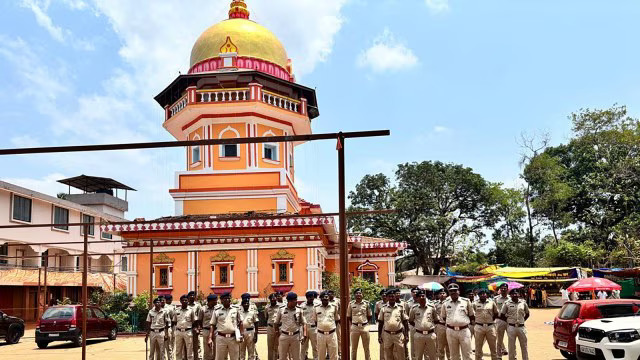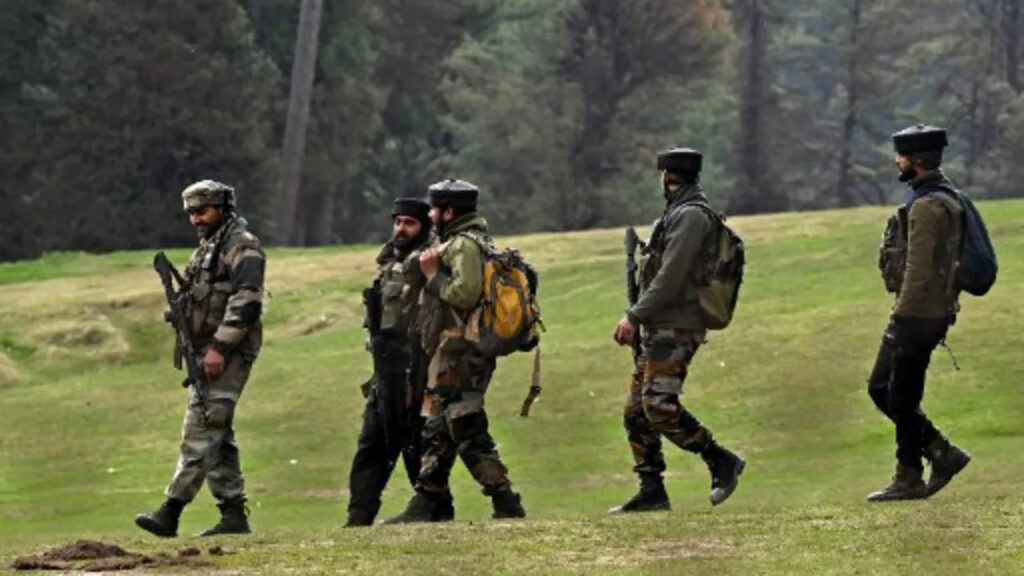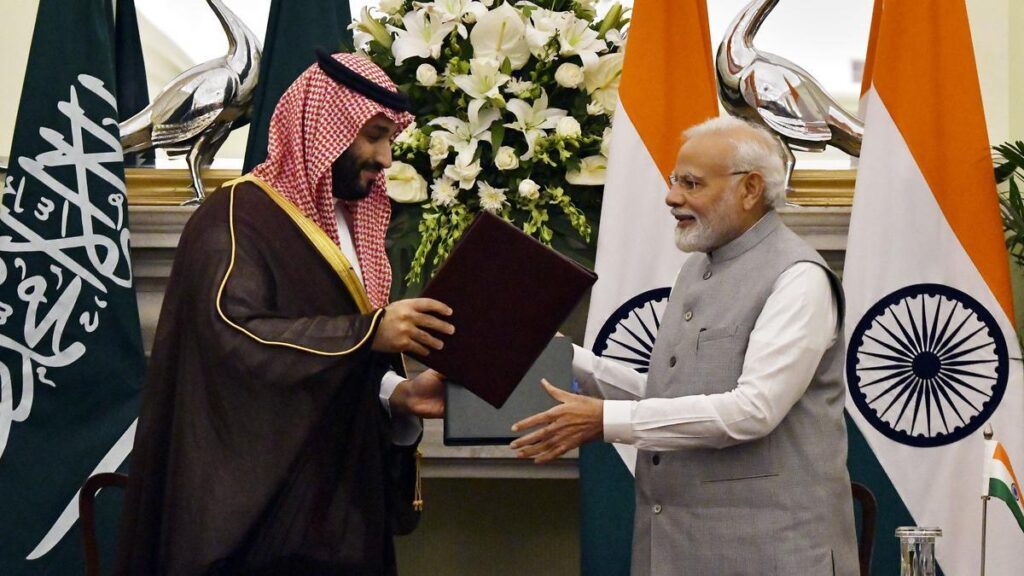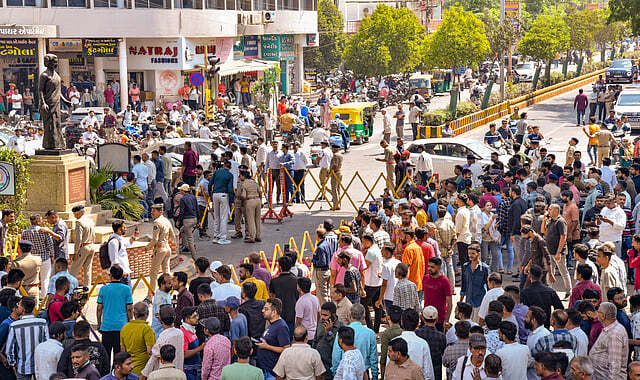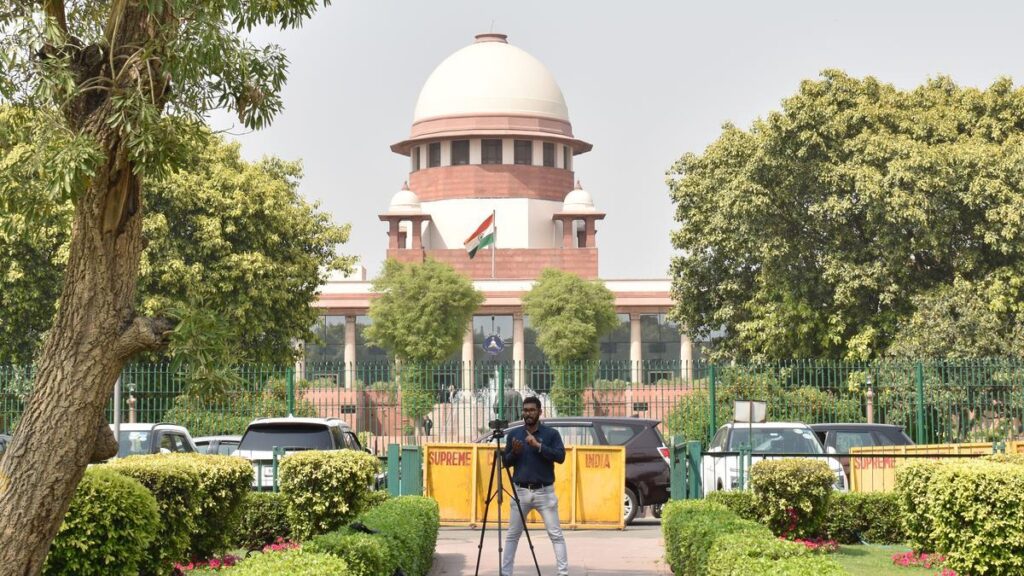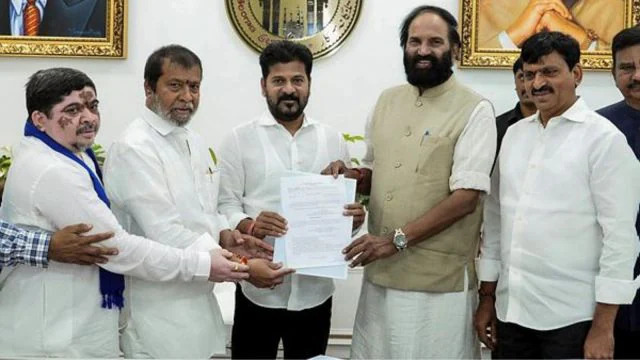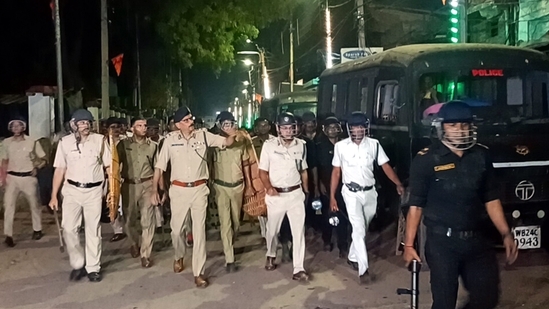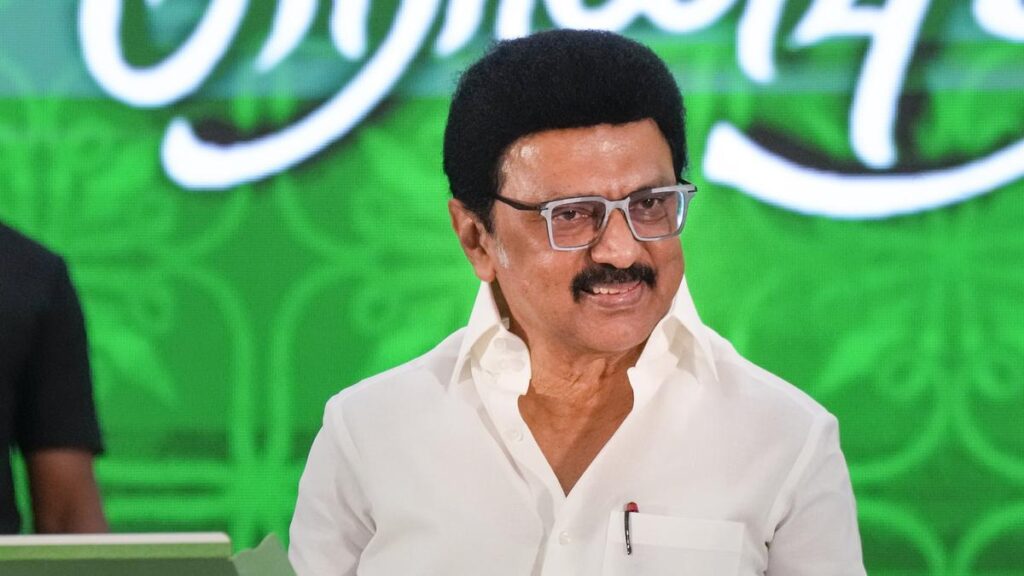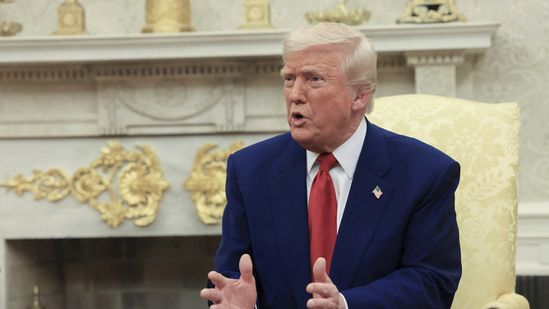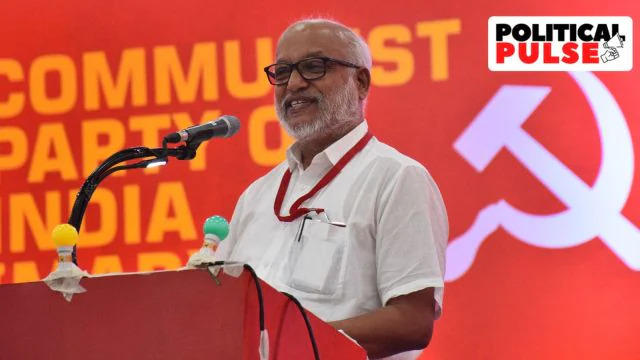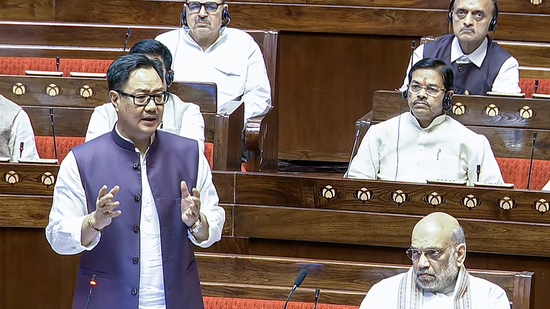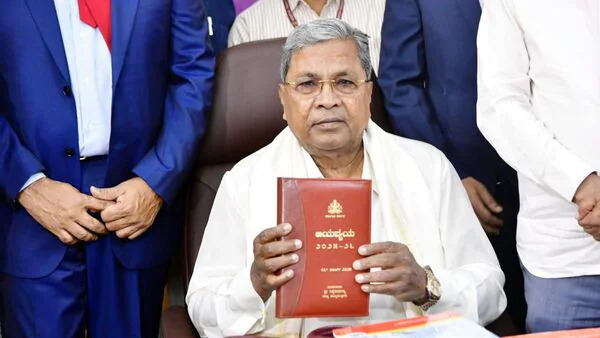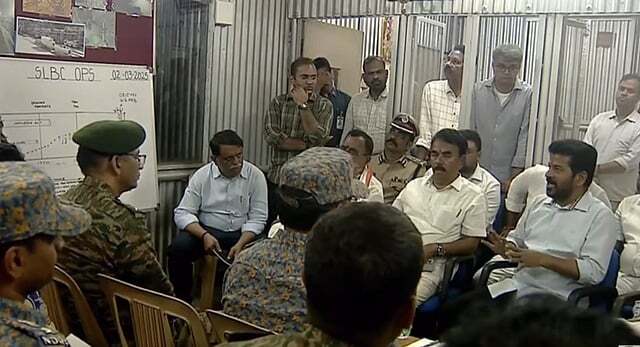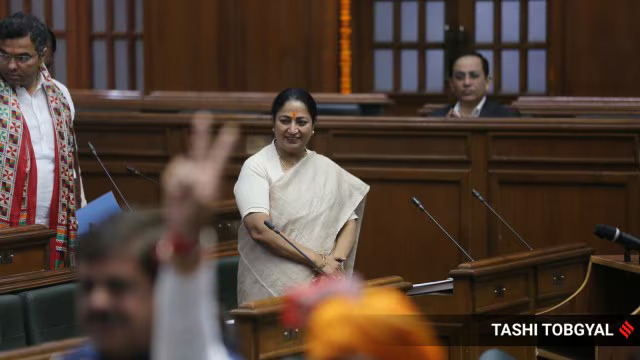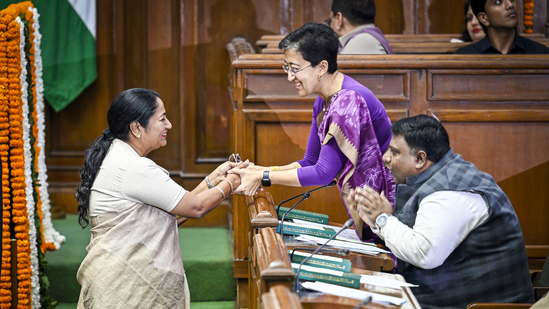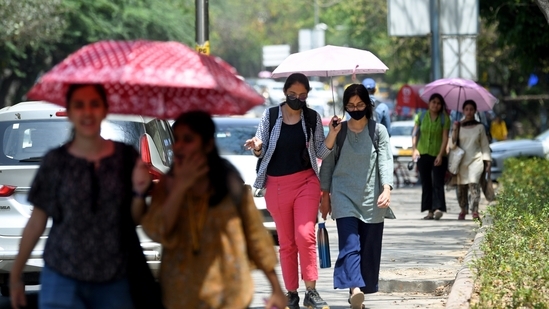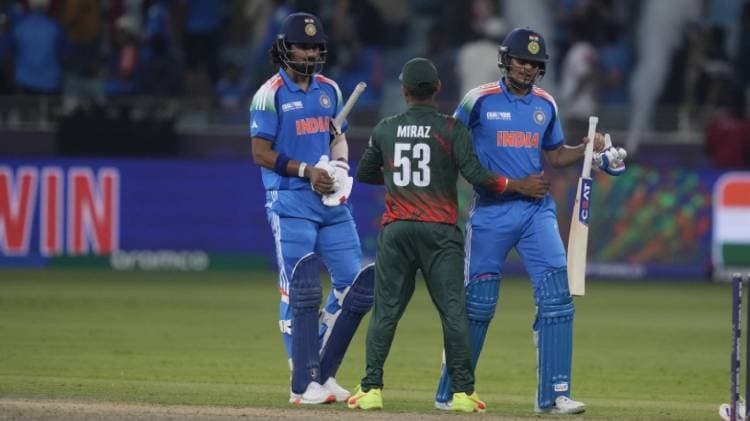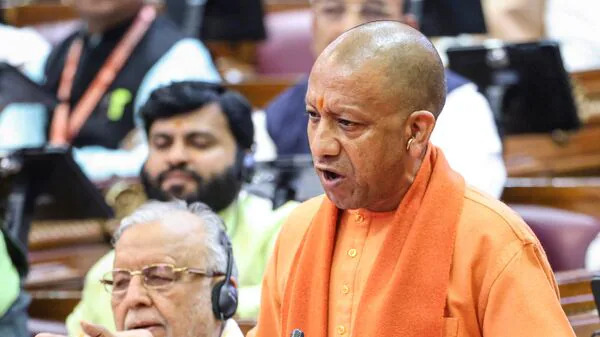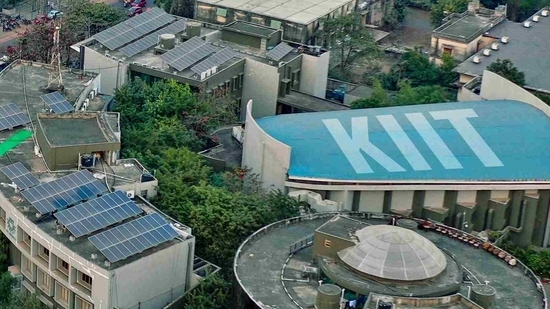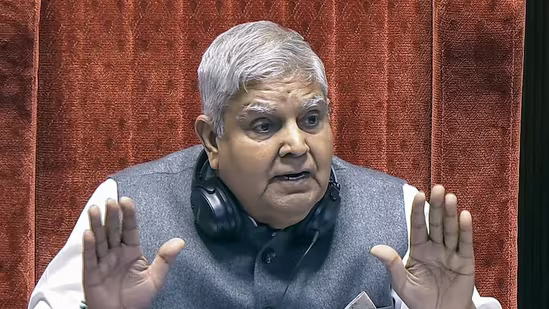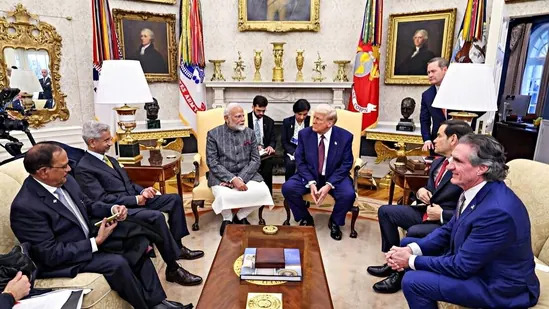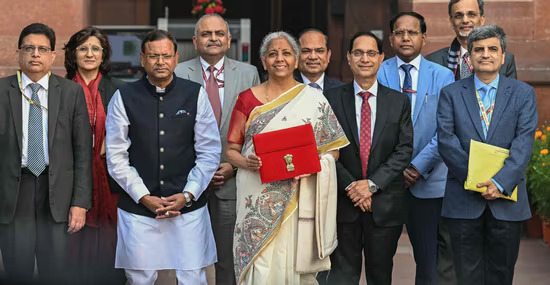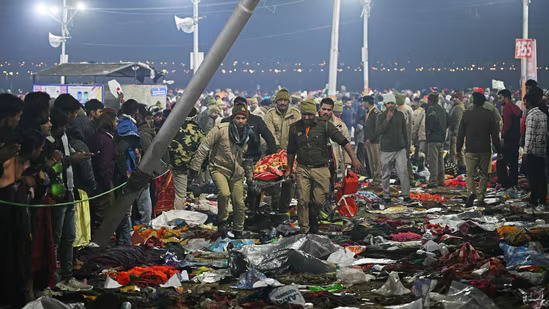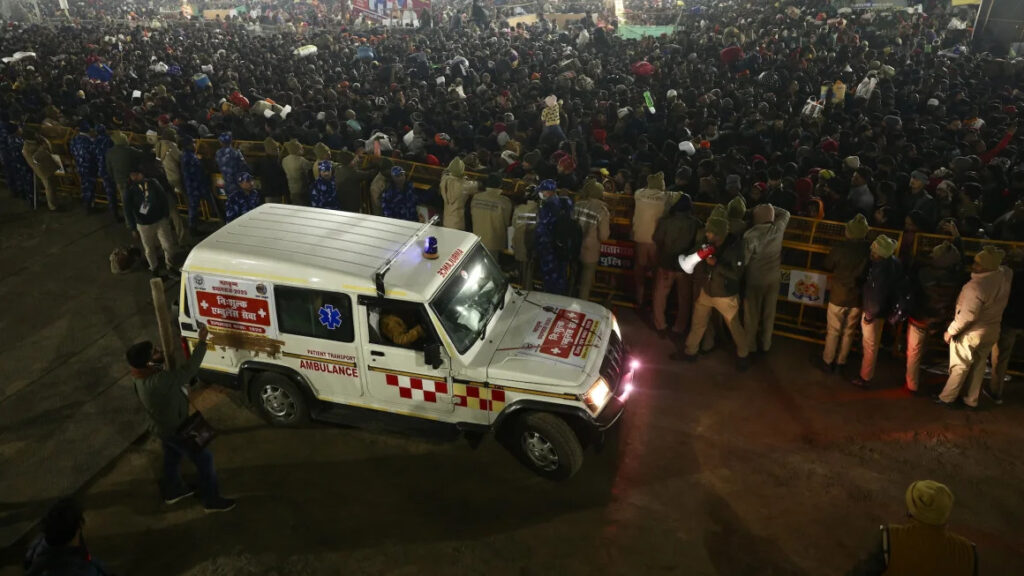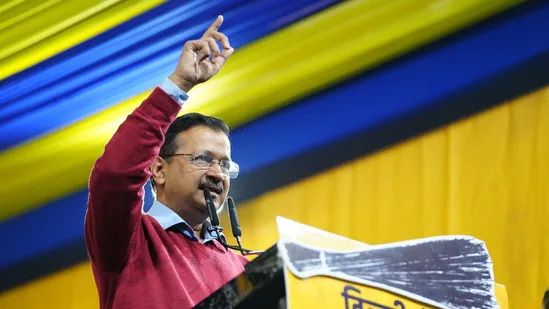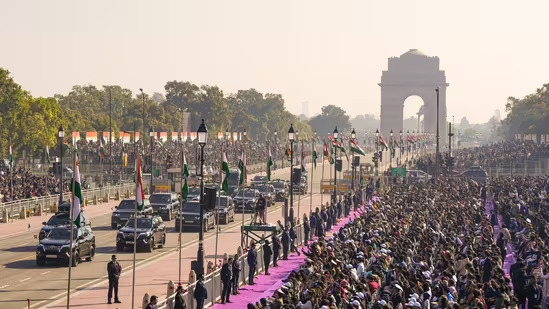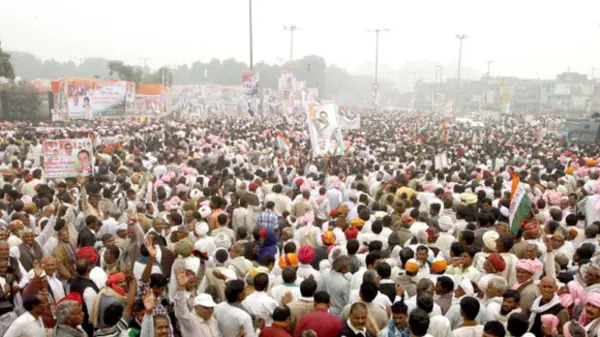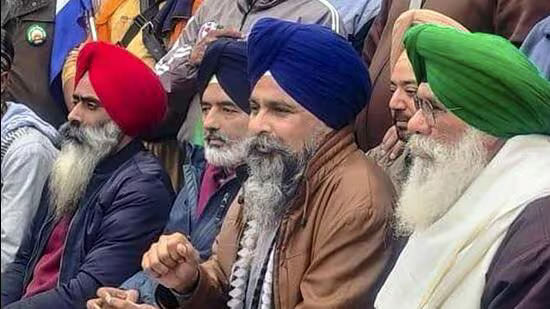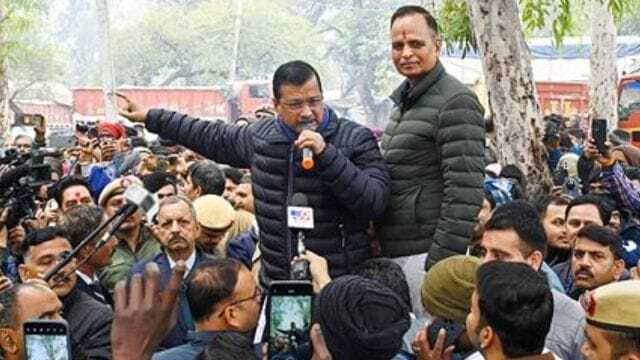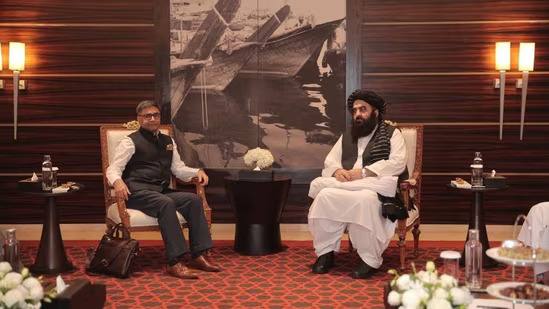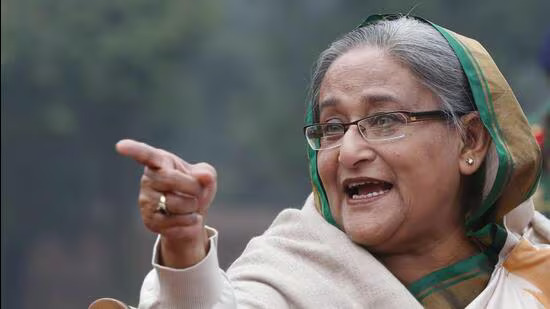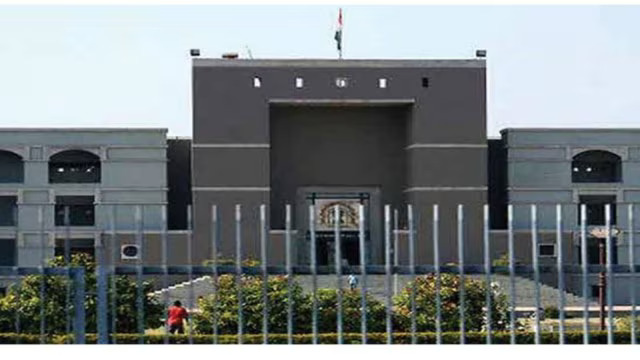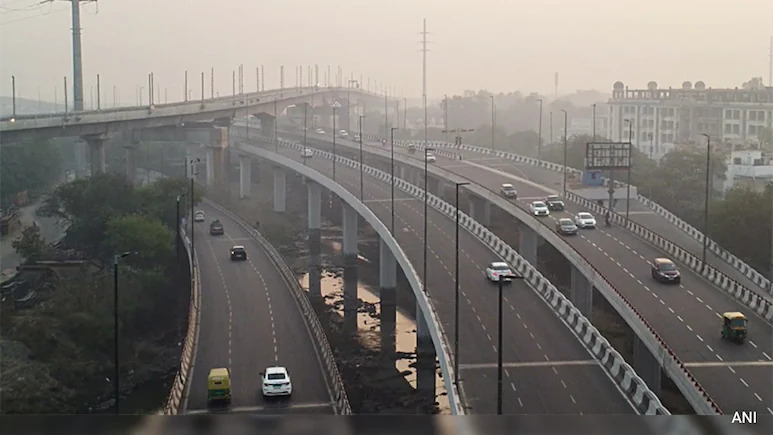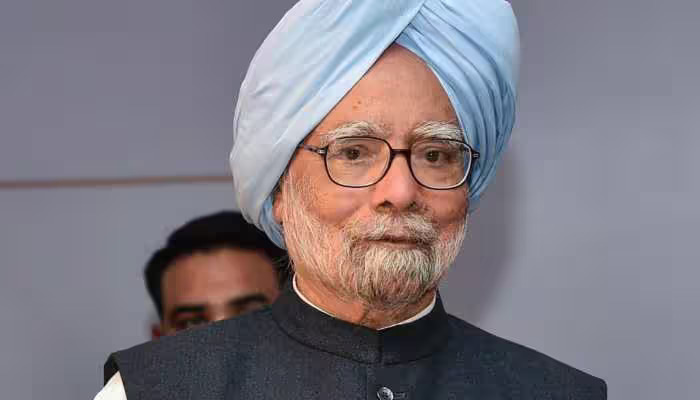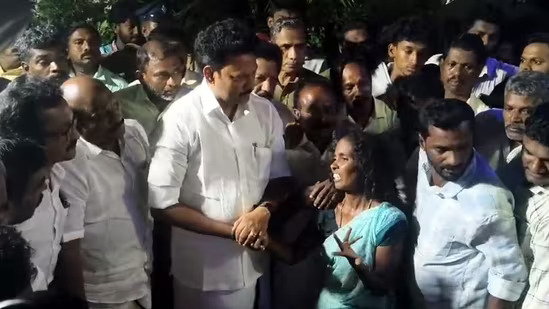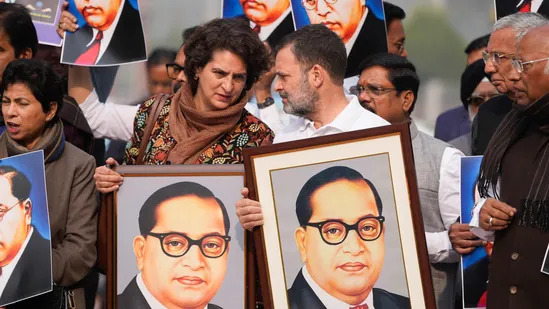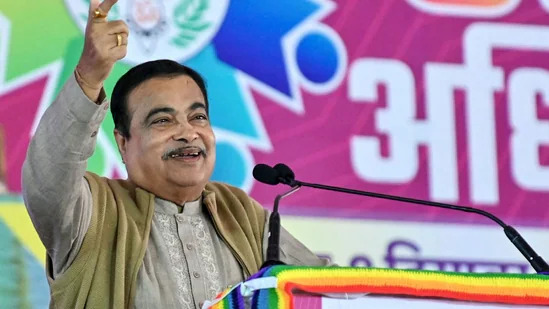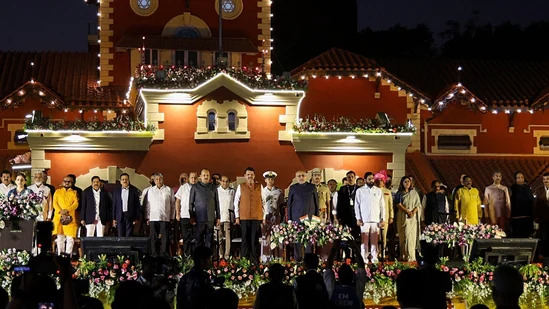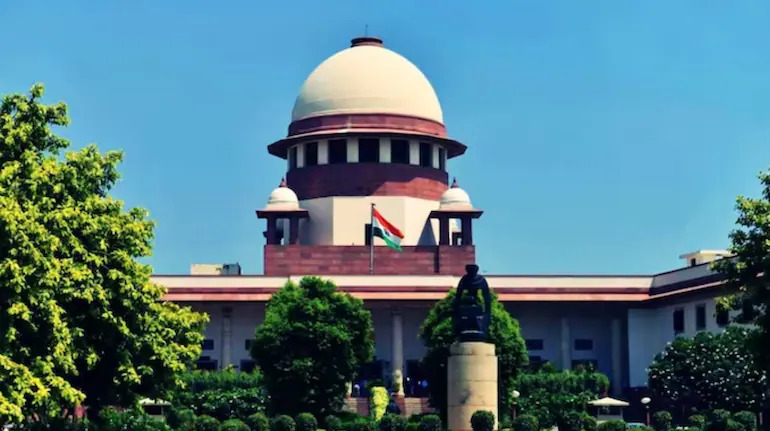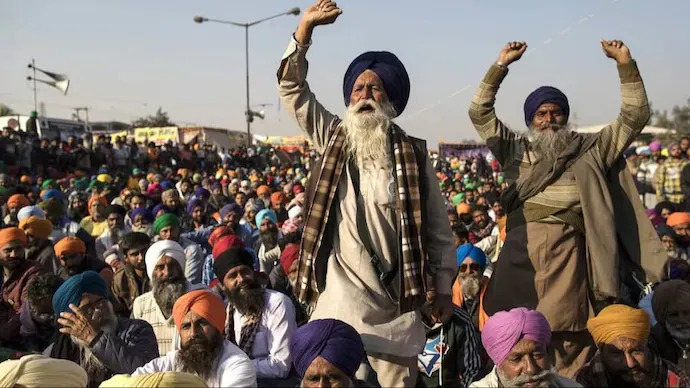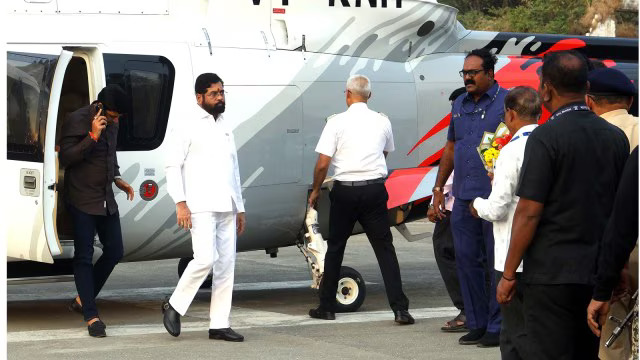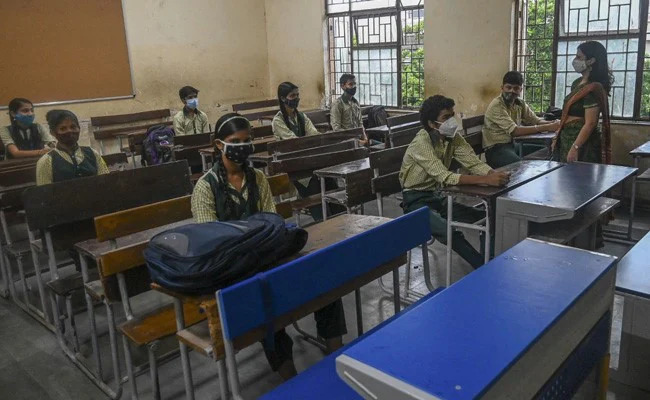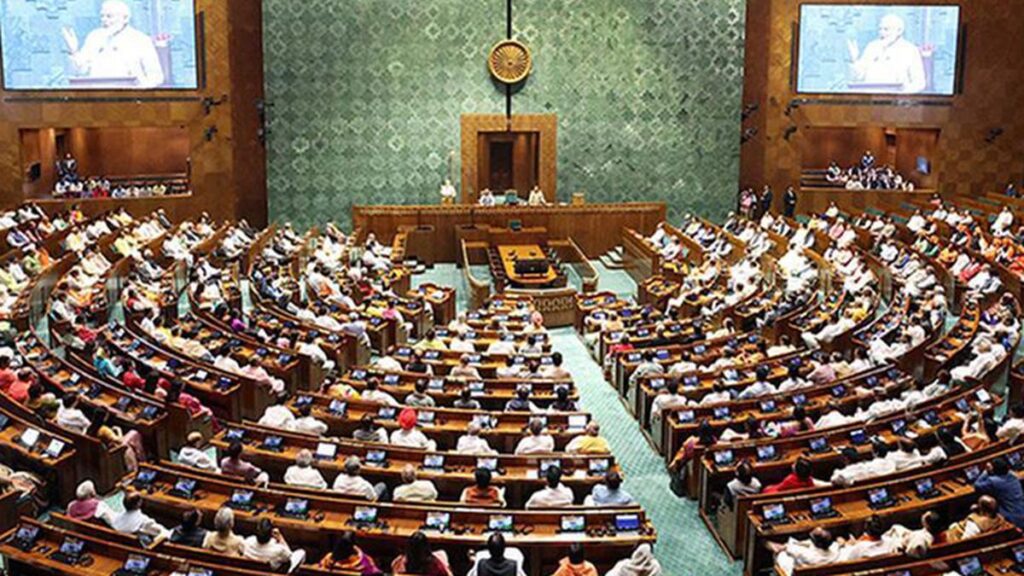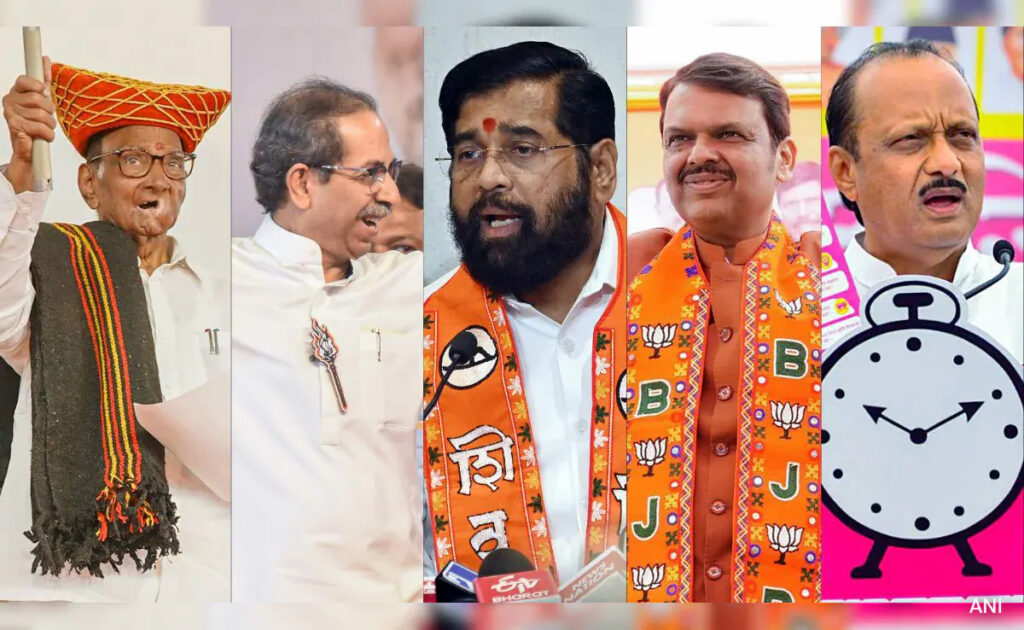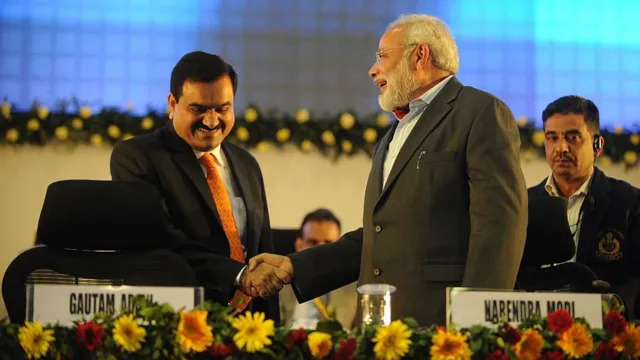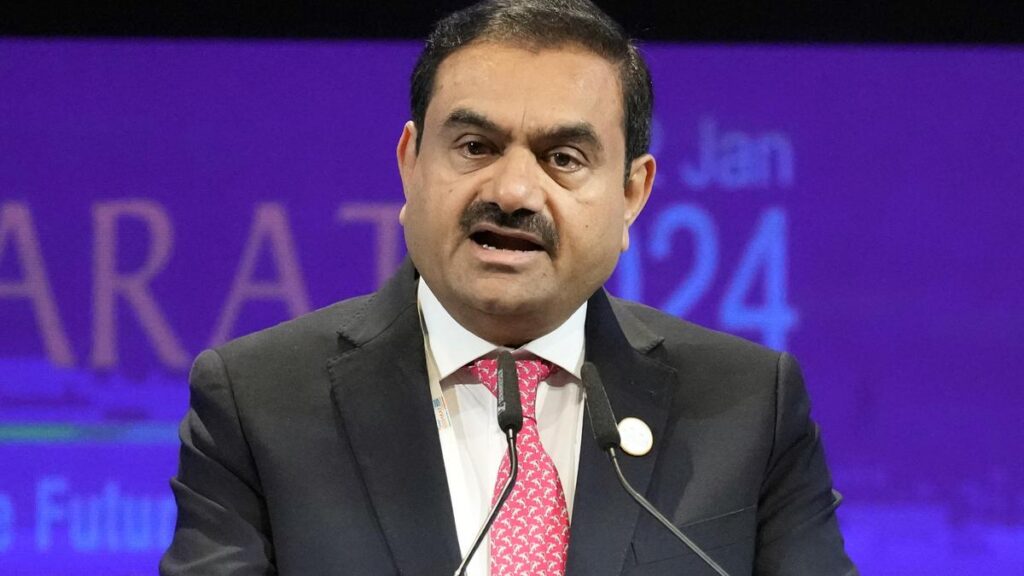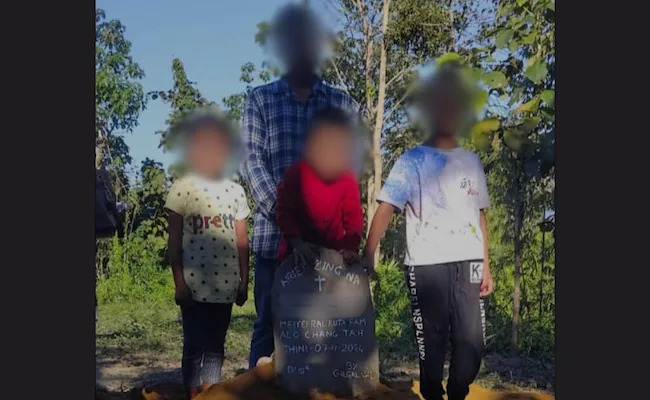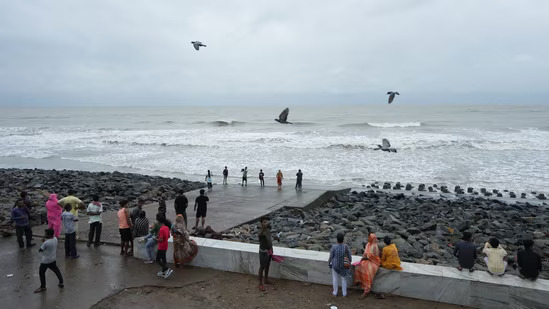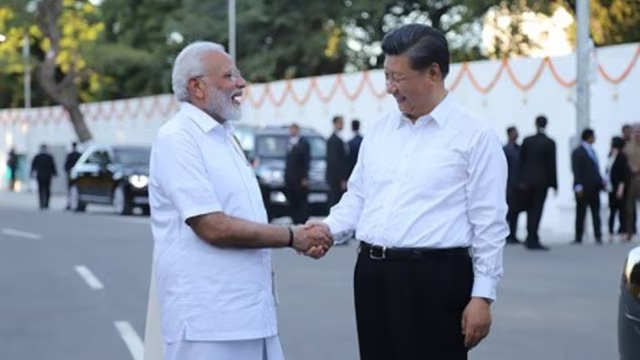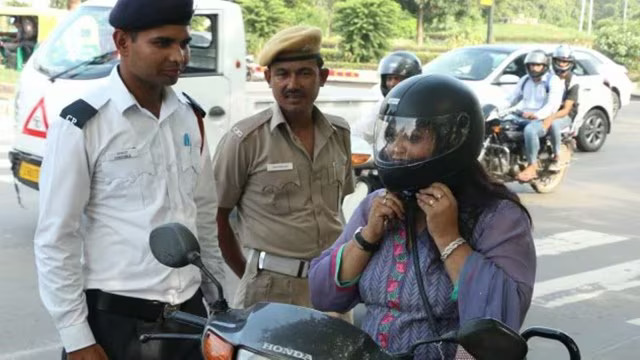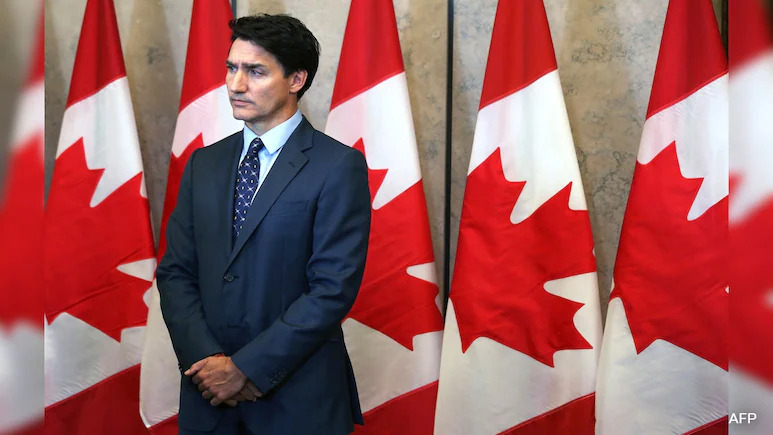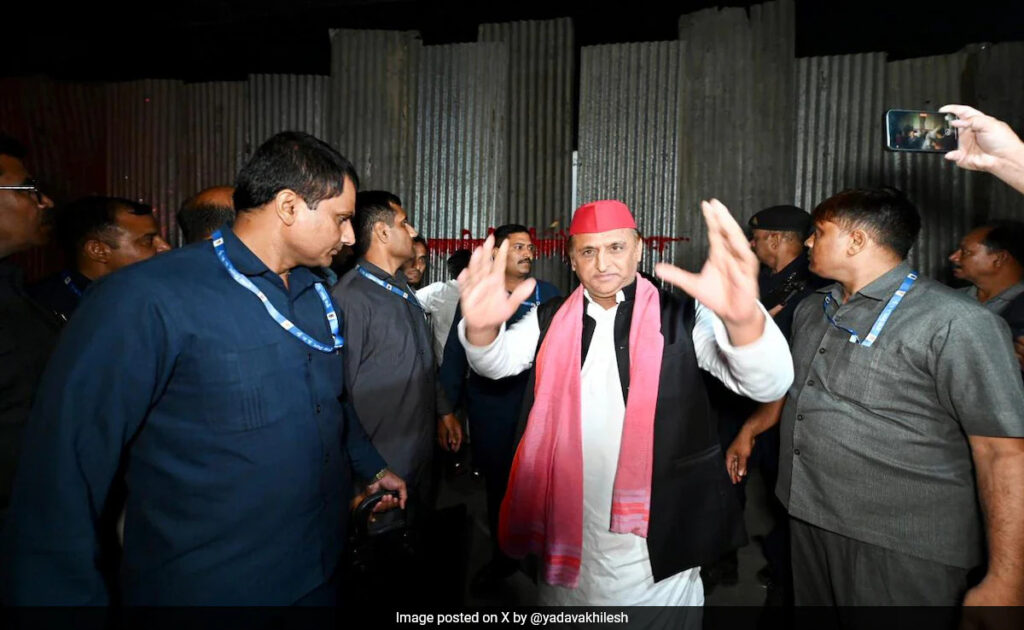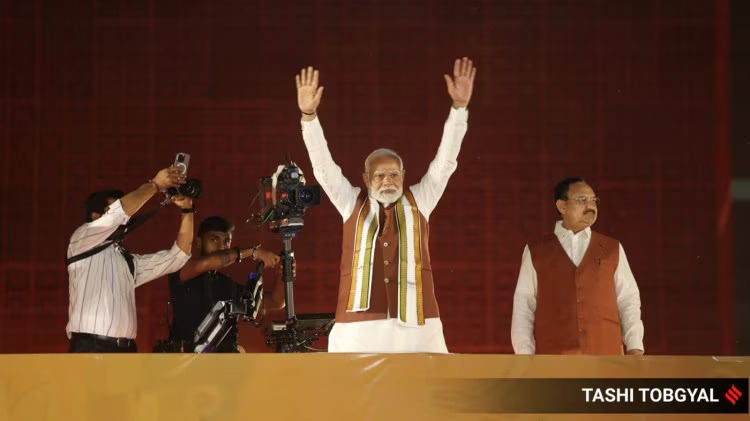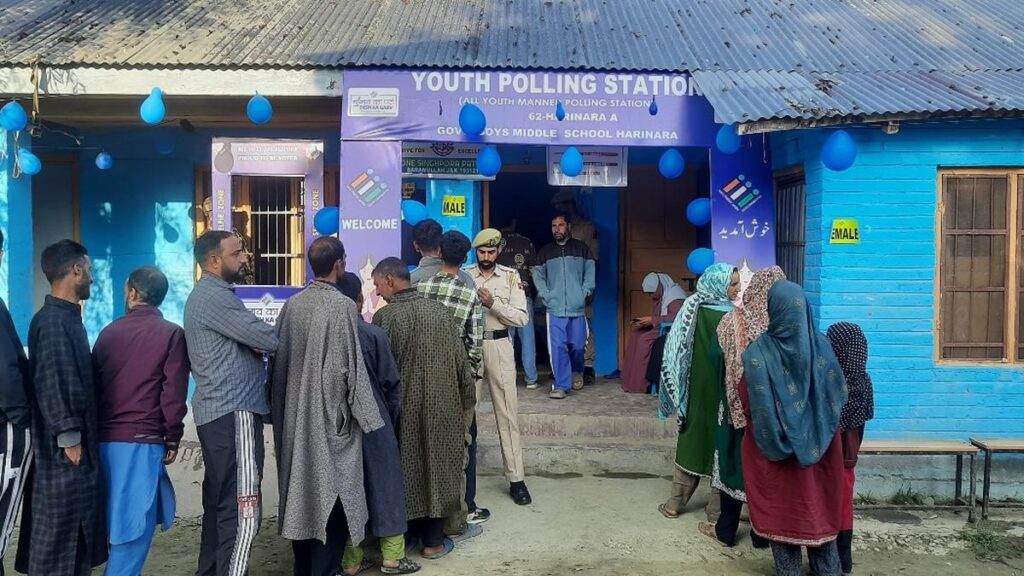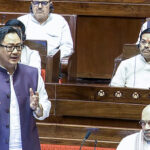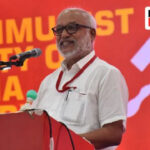Owaisi Challenges Waqf Amendment Bill In Supreme Court; Says It Strips Muslims Of Right To Manage Their Own Religious Affairs
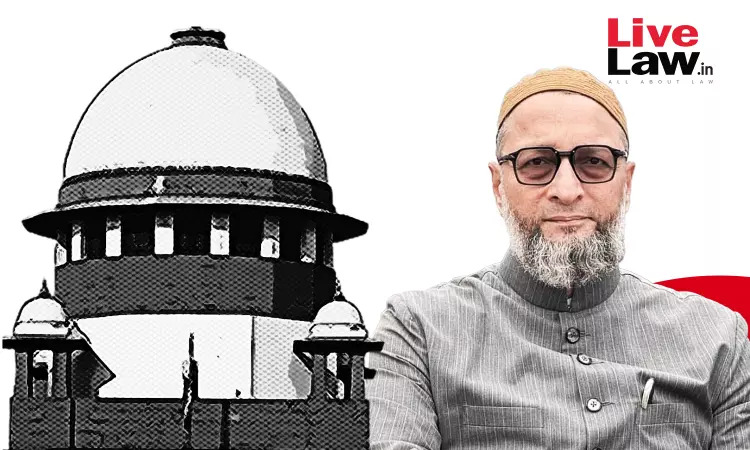
Member of Parliament representing the Hyderabad constituency in Lok Sabha, has filed a writ petition in the Supreme Court challenging the constitutionality of the Waqf (Amendment) Bill, 2025

Asaduddin Owaisi, Member of Parliament representing the Hyderabad constituency in Lok Sabha, has filed a writ petition in the Supreme Court challenging the constitutionality of the Waqf (Amendment) Bill, 2025 on the grounds that the Amendment takes way the protection accorded to the waqf under Article 26 of the Constitution while retaining such protection for religious and charitable endowments of other religions. It is, therefore, in violation of Articles 14, 15, 21, 25, 26, 29, 30, and 300A of the Constitution of India and is manifestly arbitrary, the petition notes.
It is stated in the petition that the Amendment also takes away from waqfs various protections which were accorded to waqfs and Hindu, Jain, and Sikh religious and charitable endowments alike. Owaisi has specifically challenged the constitutional validity of clauses 2A, 3(v), 3(vii), 3(ix), 4, 5(a), 5(b), 5(c), 5(d), 5(f), 6(a), 6(c), 6(d), 7(a)(ii), 7(a)(iii), 7(a)(iv), 7(b), 8(ii), 8(iii), 8(iv), 9, 11, 12(i), 14, 15, 16, 17(a), 17(b), 18, 19, 20, 21(b), 22, 23, 25, 26, 27, 28(a), 28(b), 29, 31, 32, 33, 34, 35, 38, 39(a), 40, 40A, 41, 42, 43(a), 43(b), and 44 of the 2025 Act.
Clauses 3(ix)(a) and 3(ix)(d) of the Bill on who can create waqf have been challenged as being manifestly arbitrary, vague, and unconstitutional restrictions. As per this clause, a person has to be a practising Muslim for at least 5 years to create a Waqf.
It is argued that the restriction on who can create a waqf is in direct conflict with Sections 3 and 4 of the Muslim Personal Law (Shariat) Application Act, 1937, which does not prescribe any other condition except that a person must be Muslim, competent to contract within the meaning of Section 11 of the Indian Contract Act, 1872 and a resident of the territories to which he 1937 Act extends.
It has also been stated that Islamic law has historically permitted even non-Muslims to dedicate property as waqf. This provision was carried forward in the Waqf Act, 1995, as Section 104, and in 2013, an amendment was introduced in the 1995 Act by which the words “by a person professing Islam” were replaced with the words “by any person” in the definition of waqf, permitting non-Muslims to create valid waqfs, beyond what had already been allowed by virtue of Section 104. The petition also challenges this amendment as it requires demonstrating that there is no ‘contrivance’ involved in the dedication of the property.
The petition states that the principle of waqf by user is a well-established rule of evidence under Islamic jurisprudence, which has also been upheld by the Supreme Court. The judgment in M Siddiq v. Mahant Suresh Das (Ayodhya case verdict) has been referred to note that the Supreme Court affirmed that Muslim law recognises oral dedication and that the existence of a waqf can be legally recognised in situations where property has been the subject of public religious use since time immemorial, even in the absence of an express dedication.
Inclusion of non-Muslim members in Waqf Board
Lastly, it has been submitted that the inclusion of non-Muslim members into the Central Waqf Council and State Waqf Boards, undermines the autonomy of the Muslim community in managing properties dedicated for their religious and charitable purposes, in blatant contravention of Articles 14, 15, 25 and 26 of the Constitution.
Sections 3D and 3E of the Amendment Act have also been challenged.
Section 3D prohibits the creation of Waqf over a property declared as an ancient protected monument or an archaeological site
It is stated Section 3D is ex facie unconstitutional as it retrospectively renders void any declaration or notification previously issued under any extant law of waqfs if the property to which the notification relates is a ‘protected monument’ or a ‘protected area’ within the Ancient Monuments Preservation Act, 1904, and the Ancient Monuments and Archaeological Sites and Remains Act, 1958.
Section 3E is ex facie unconstitutional as it deprives members of Scheduled Tribes of the right to dedicate property by way of waqf. The Bill, which was passed by the Rajya Sabha today, is yet to receive the Presidential Assent. The petition was filed today 10.50 AM.

 English
English 